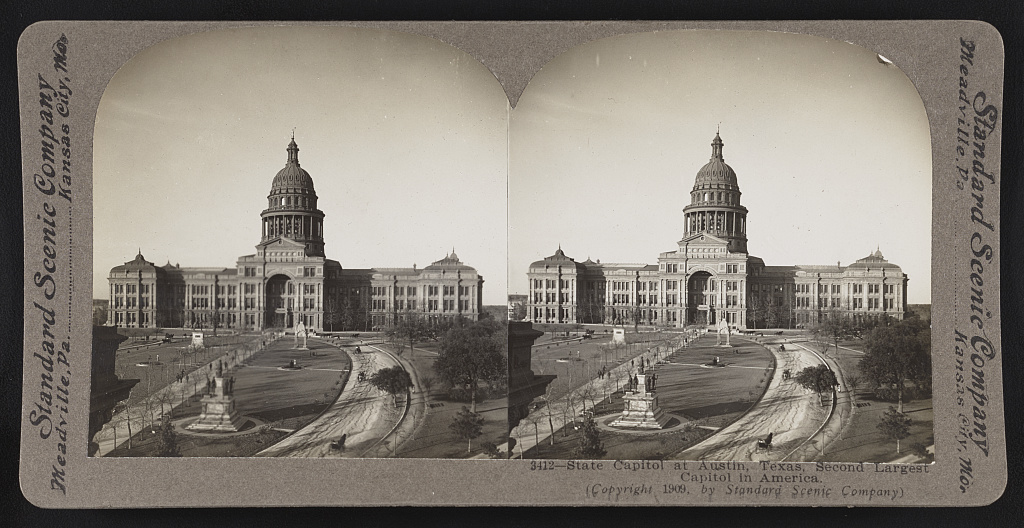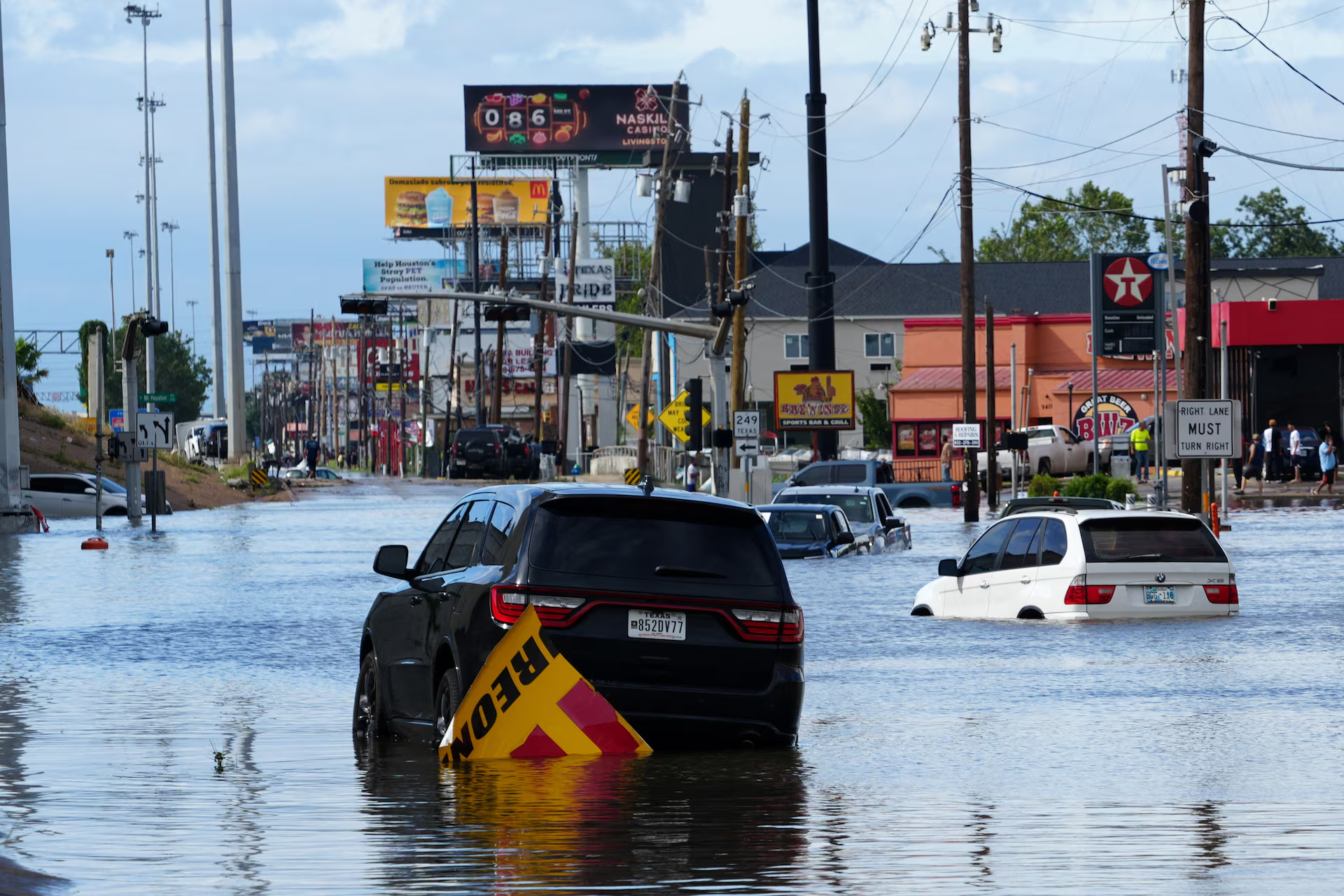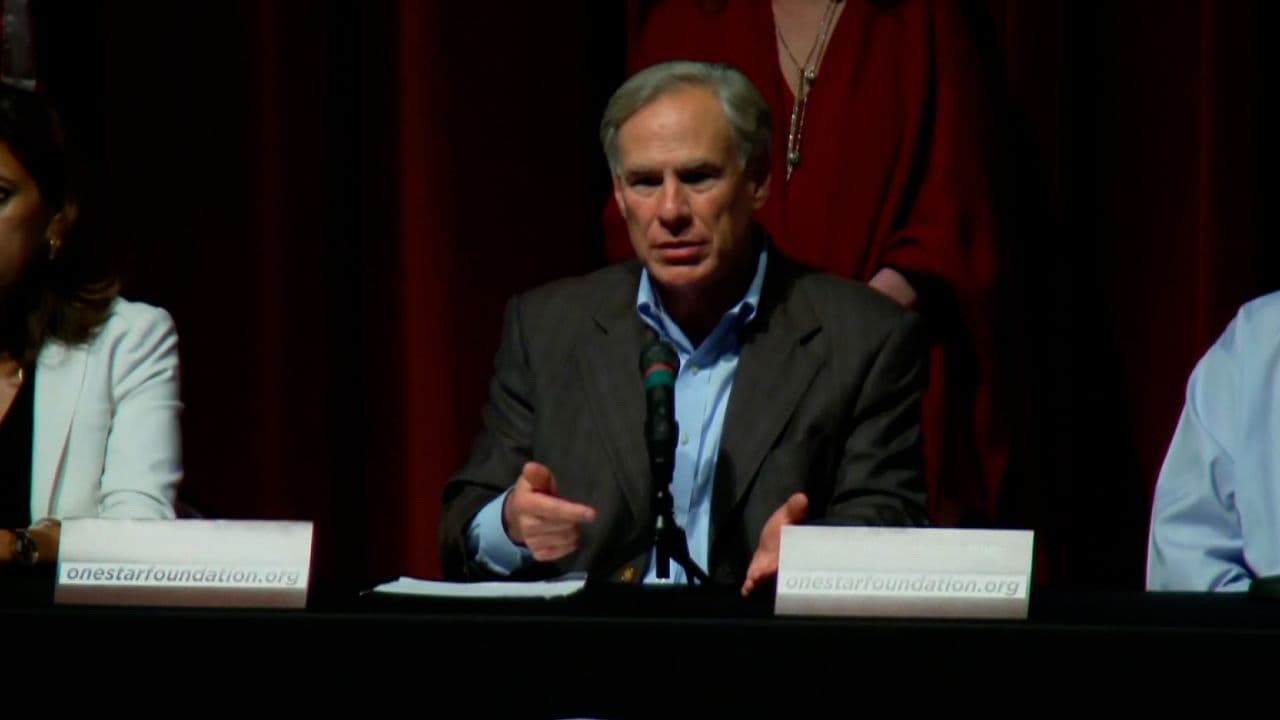As Texas grapples with the devastation of catastrophic flooding that has left over 100 people dead, Governor Greg Abbott has chosen to prioritize an anti-trans bathroom bill alongside crucial disaster relief efforts. This move not only illustrates the state"s alarming legislative trends but also underscores the dangerous prioritization of regressive social policies over urgent humanitarian needs.
Abbott"s Agenda Targets Transgender Rights
Governor Abbott"s recent proclamation adds a troubling layer to the ongoing special legislative session. Originally focused on disaster preparedness in the wake of a natural catastrophe, Abbott"s agenda now includes legislation that would force transgender individuals to use bathrooms corresponding to their birth certificates. This is not just a trivial issue; it reflects a broader culture war that seeks to undermine the very existence of trans rights in Texas. The Texas Legislature"s history with bathroom bills has been marked by fierce opposition and attempts at mobilization from LGBTQ+ advocates, yet Abbott"s inclusion of such a measure demonstrates an alarming persistence.
Consequences for Vulnerable Communities
The implications of House Bill 32, which mirrors past attempts to restrict bathroom access, could be devastating for transgender Texans. According to the Movement Advancement Project, 19 states now enforce similar discriminatory policies, and Texas appears ready to join their ranks. This bill would not only limit access to public facilities but would also send a chilling message to trans youth and their families that their identities are not valid. The consequences of such legislation extend beyond physical bathrooms; they seep into the very fabric of society, perpetuating stigma, discrimination, and violence against transgender individuals.

State Capitol at Austin, Texas, second largest capitol in ...
LGBTQ+ Advocacy Faces an Uphill Battle
Despite the hostile legislative environment, advocacy groups continue to mobilize against these measures. The Transgender Education Network of Texas aptly articulated the sentiments of many when they stated, "Texas leadership has made their opinion loud and clear—they do not believe trans people have the right to call Texas home." This sentiment resonates deeply as advocates prepare to push back against the latest wave of anti-trans legislation during an already fraught session. The Texas legislature is increasingly dominated by conservative voices, and with no moderate Republicans left to challenge this trajectory, the prospects for LGBTQ+ rights appear grim.
Bathroom Bills and Historical Context
The resurgence of bathroom bills in Texas is not unprecedented. In 2017, a similar proposal, Senate Bill 6, faced significant backlash and ultimately failed. However, the political landscape has shifted dramatically since then, with anti-trans rhetoric gaining traction nationally. As reported by experts, the demonization of transgender individuals as threats to public safety has provided a fertile ground for legislators to push discriminatory agendas. This historical context sheds light on why Abbott feels emboldened to reintroduce such measures at a time when many are still reeling from the impacts of climate disasters.

In pictures: Texas slammed by Hurricane Beryl - July 9, 2024 | Reuters
Public Health and Safety at Stake
Abbott"s decision to prioritize an anti-trans bathroom bill amidst a public health crisis raises critical questions about the state’s values. The failure to adequately address emergency warning systems and disaster preparedness demonstrates a concerning disregard for the lives of Texans affected by the floods. Instead, Abbott"s focus on policing bathroom use highlights a disturbing trend wherein the rights and dignity of marginalized communities are sacrificed for political gain. The lack of urgency in addressing these pressing issues not only jeopardizes public safety but also exacerbates the existing vulnerabilities faced by LGBTQ+ individuals.


![[Video] Hillary Clinton: Women's equality is the unfinished business of the 21st century](/_next/image?url=%2Fapi%2Fimage%2Fthumbnails%2Fthumbnail-1765096256004-4wn0xo-thumbnail.jpg&w=3840&q=75)

![[Video] Erdogan: Ethnic and religious diversity should not divide Turkey](/_next/image?url=%2Fapi%2Fimage%2Fthumbnails%2Fthumbnail-1764249656004-ion8m-thumbnail.jpg&w=3840&q=75)


![[Video] Gunfire between Iraqi security forces and Sadr militias in Baghdad](/_next/image?url=%2Fapi%2Fimage%2Fthumbnails%2Fthumbnail-1768343508874-4redb-thumbnail.jpg&w=3840&q=75)
